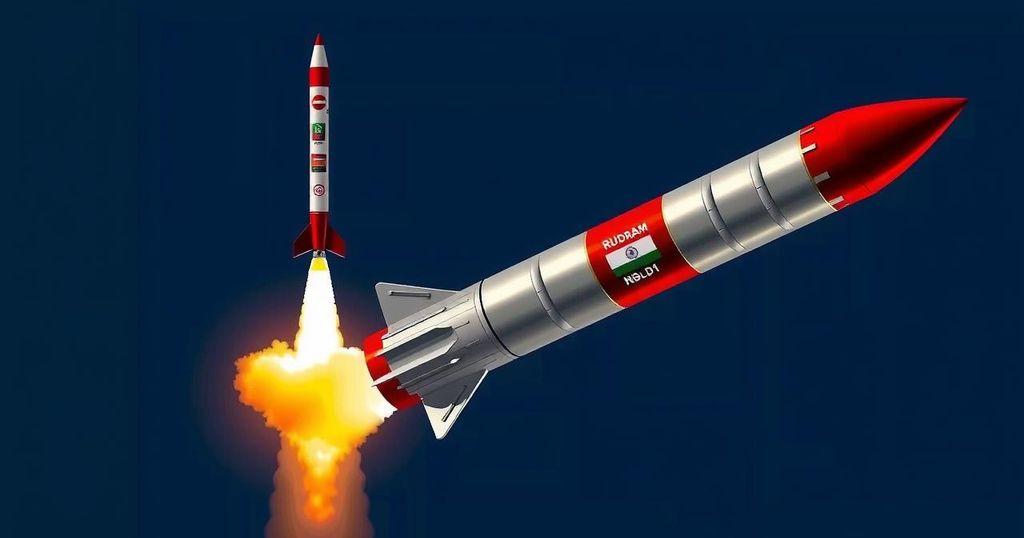India and China Set for Completion of Disengagement Process in Ladakh
Indian and Chinese troops are expected to complete their disengagement in the Depsang and Demchok areas of Ladakh by the end of this month. This comes after a new patrolling agreement was reached, aimed at alleviating ongoing tensions along the Line of Actual Control that have exacerbated since May 2020. The resolution follows a significant clash in Galwan Valley resulting in casualties among Indian forces.
According to Army sources, Indian and Chinese military forces are set to finalize their disengagement process in the Depsang and Demchok sectors of Ladakh by the end of this month. This anticipated withdrawal will return both nations’ troops to their pre-April 2020 positions by Tuesday. Earlier this week, the two countries established a patrolling agreement for these strategic areas, which is intended to resolve the protracted military and diplomatic strains that have persisted along the Line of Actual Control, which serves as the de facto border. This development follows a series of confrontations that began in May 2020, including the notable clash in Galwan Valley in June, which resulted in the deaths of 20 Indian soldiers, an event that has significantly impacted relations between the two nations.
The ongoing border tensions between India and China can be traced back to historical discrepancies relating to territorial claims. Following a violent confrontation in June 2020 at Galwan Valley, where several soldiers lost their lives, both countries engaged in multiple rounds of military and diplomatic talks in an attempt to de-escalate the situation. The agreements that have been reached this week represent a significant step toward restoring stability and reducing the likelihood of further conflicts in these sensitive border regions.
The impending completion of the disengagement process marks a critical development in the India-China relations, particularly following months of military standoffs and diplomatic negotiations. The patrolling agreement established for the Depsang and Demchok regions points towards a potential reduction in tensions and a cooperative approach to managing border disputes moving forward.
Original Source: www.ndtv.com






Post Comment